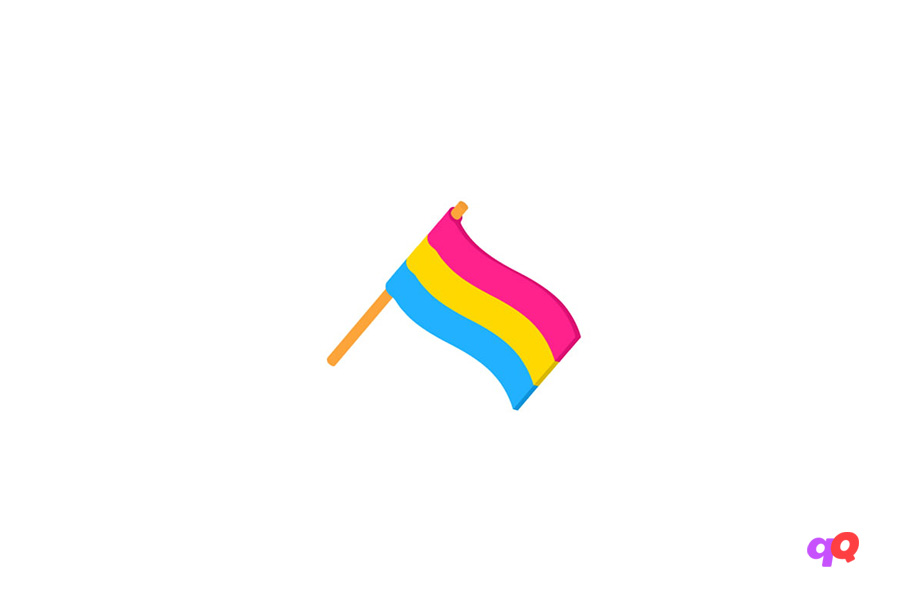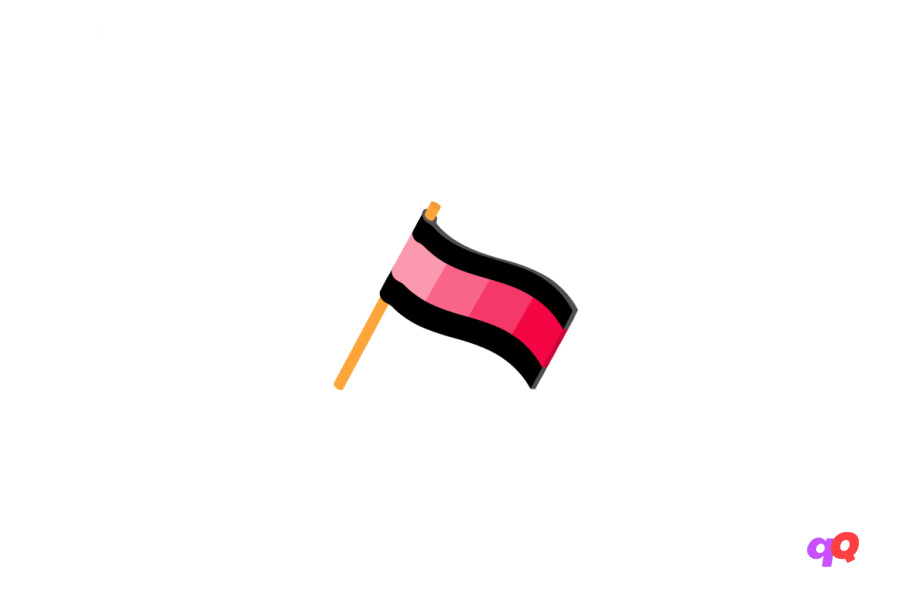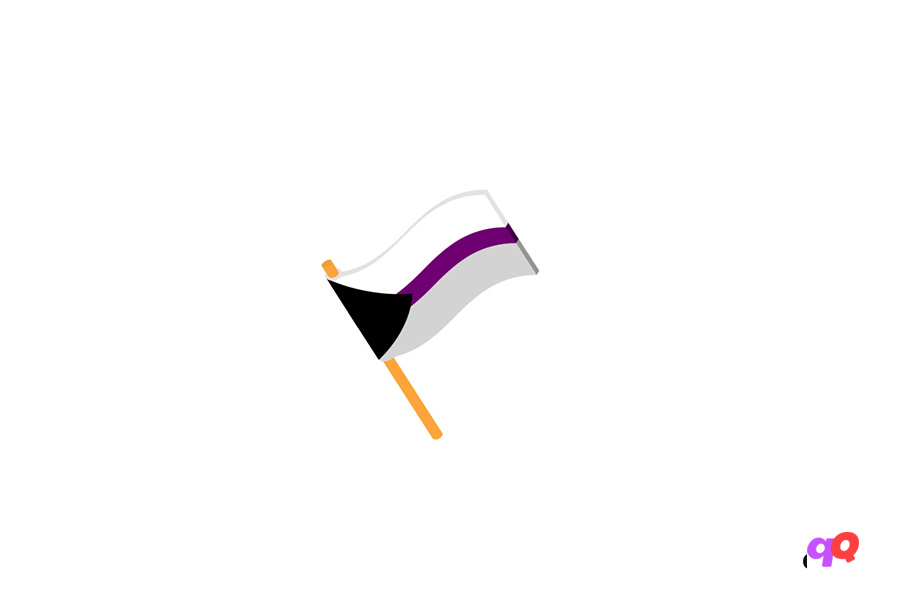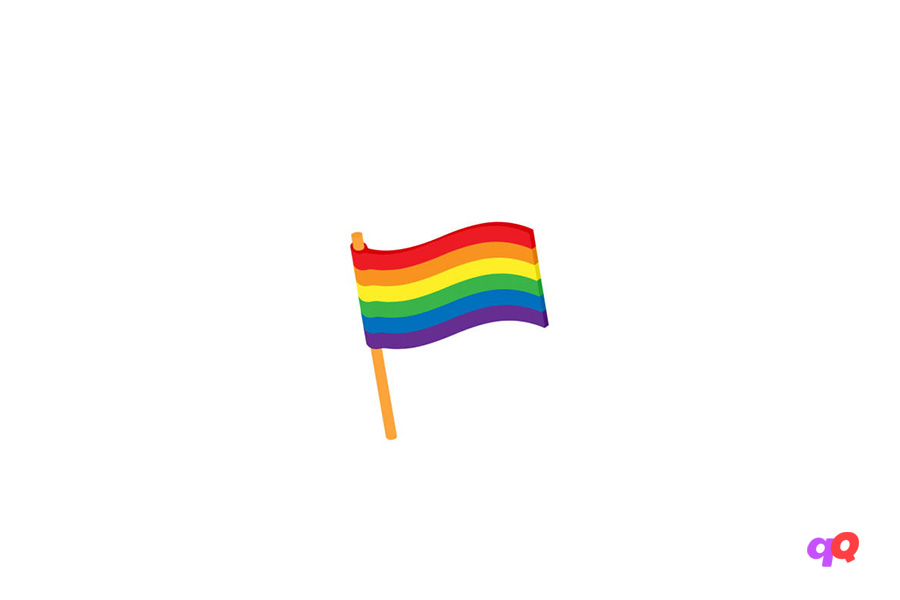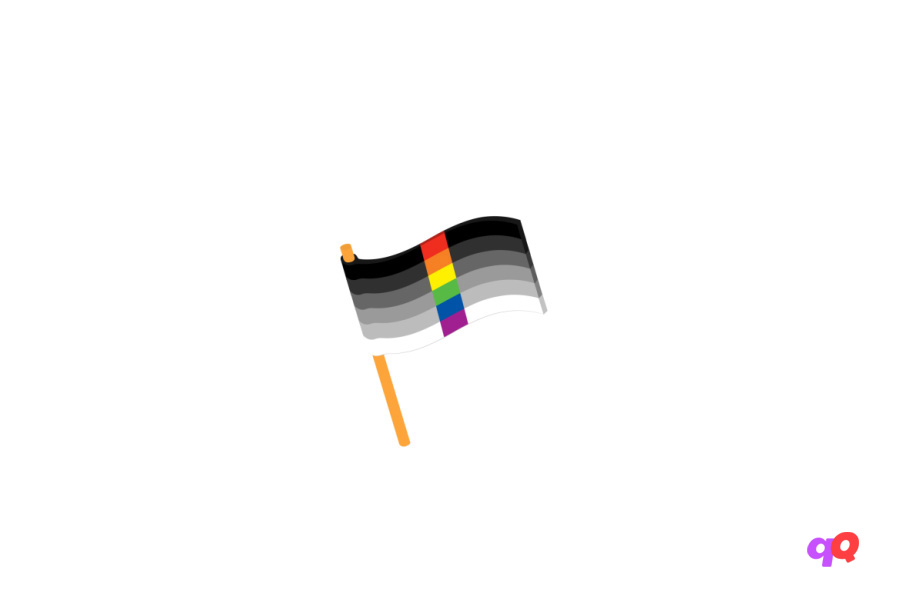Am I Bisexual Quiz: Boys, Girls, or Both?
○ DISCLAIMER
The quizzes and content on this website are designed for entertainment purposes only and should not be used as a basis for making personal decisions about your sexuality, gender identity, or any other life choices. These quizzes are not diagnostic tools and cannot determine your identity or orientation. If you're questioning your identity or need support, we strongly encourage you to seek guidance from qualified LGBTQ+ friendly professionals or counselors. Remember that your journey of self-discovery is unique and personal to you.
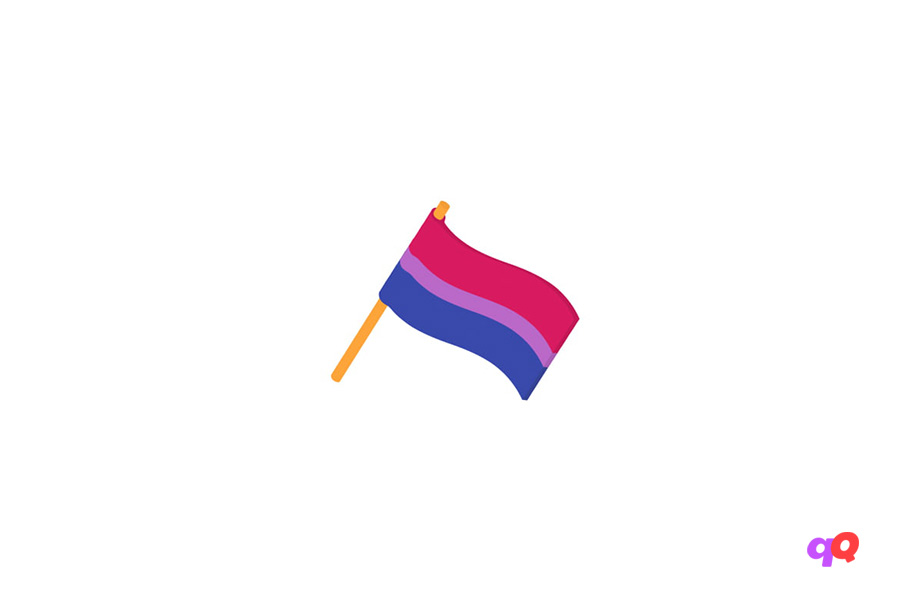
In the world of cinema, there’s a phenomenon known as “bi-coding” – when a character, without openly declaring their bisexuality, shows certain hints of it. Interestingly, in real life, many of us also notice these ‘hints’ within ourselves, sometimes not knowing how to interpret them. This is exactly why this quiz was created – as an attempt to explore these subtle signals we send to ourselves.
Who is a Bisexual?
Bisexuality as an orientation has a rich history and multiple definitions. In the 1990s, activist Robyn Ochs proposed what was then a revolutionary definition: “attraction to one’s own and other genders.” This definition expanded the traditional understanding of bisexuality as attraction “to men and women.”
The modern understanding of bisexuality is much broader. It encompasses the multifaceted nature of attraction, where bisexuals can experience different types of attachment – romantic, sexual, aesthetic, and sensual. Moreover, all these types of attraction can manifest quite differently towards people of different genders.
An important characteristic of bisexuality is its fluidity. The intensity of attraction to different genders can change over time, which doesn’t make someone “less bi” – on the contrary, it’s a natural part of the bisexual experience. Each bisexual person experiences their orientation in their own way. Some discover their bisexuality at an early age, while others come to this understanding after decades of living with a mono-orientation.
Purpose of the Quiz
In the context of such diverse experiences, a question arises: how can an online quiz help? In fact, its role is multifaceted and profound. When someone explores their sexuality, they often experience many conflicting feelings and thoughts. The quiz helps organize this internal dialogue by asking specific questions and guiding reflections in a constructive direction.
Many people aren’t aware of the full spectrum of bisexuality manifestations. The quiz questions can open up new aspects of self-discovery that someone might not have considered before. Moreover, the very wording of the questions shows that many experiences that might seem unique are actually common within the bi+ community.
5 Signs Considered in the Bisexuality Quiz
While exploring their sexuality through this quiz, participants will encounter questions about certain patterns in their feelings, thoughts, and behavior. Although each experience is unique, the quiz focuses on some common experiences that often occur among bisexual people. Let’s examine what the quiz evaluates in detail.
Complex History of Romantic and Platonic Relationships
The quiz explores how you view your relationship history, which often doesn’t fit into traditional frameworks. You’ll be asked about friendships that might have elements of platonic romance, and romantic relationships with unusual dynamics. The quiz helps you recognize whether what you considered an “especially close friendship” with someone of the same gender during adolescence might have actually been your first crush.
Unique Perception of Gender Roles
Questions in the quiz examine your attitude toward gender and gender roles. You’ll explore whether you feel comfortable playing with gender expression or find attractive people who do so. The quiz helps determine if this freedom from rigid gender frameworks has become an important part of your identity and influences how you perceive yourself and others.
Specifics of Emotional Connections
The quiz investigates your ability to form deep emotional connections regardless of someone’s gender. You’ll reflect on whether the nature of these connections varies significantly – for instance, if you form instant emotional connections with people of one gender, while with people of another gender, the connection might develop more slowly but be no less deep.
“Bi-cycling” and Its Manifestations
Through targeted questions, the quiz explores whether you experience what the bi+ community calls “bi-cycle” – natural fluctuations in attraction to different genders. You’ll examine if your preferences change depending on the season or emotional state, and whether stress, fatigue, or surges of energy influence which genders you feel stronger attraction to at any given moment.
Media Consumption and Fantasies
The quiz includes questions about how you interact with media content. You’ll explore whether your favorite characters and celebrities represent different genders, and if your romantic and sexual fantasies include people of different genders. The quiz helps you recognize if stories dealing with complex relationships with sexuality and gender resonate particularly strongly with you.
Social and Cultural Aspects of Bisexuality
Bisexuality exists at the intersection of different social and cultural contexts, creating a unique experience. Society often “reads” bisexuals as either heterosexual or homosexual depending on their current relationships, which can cause feelings of invisibility and misunderstanding. Different cultures may perceive bisexuality in completely different ways. Some traditional societies have their own terms and concepts for describing attraction to multiple genders.
The bisexual experience can vary greatly depending on other aspects of someone’s identity – their ethnicity, social class, religion. This creates a rich mosaic of experience that makes each story unique.
Misconceptions and Their Impact
There are many myths about bisexuality that can significantly influence the process of self-discovery. There’s a common belief that a “real” bisexual must experience absolutely equal attraction to different genders. This can cause people to doubt the validity of their bisexuality.
The pressure to “pick a side” with a mono-orientation often leads bisexuals to feel obligated to “choose.” There’s also the misconception that bisexuals have “more options” for relationships, which completely ignores the real challenges that bi+ people face.
Accepting Your Bisexual Identity
The journey to accepting one’s bisexuality often begins with first hunches – moments when someone starts to notice that their experience differs from mono-sexual experience. This is usually followed by a period of doubt, when someone might actively seek “proof” of their orientation or, conversely, try to disprove it.
An important part of this journey becomes the search for information – studying other bisexuals’ experiences, reading literature, communicating in communities. Gradually, bisexual identity becomes integrated into one’s overall self-concept.
In Conclusion
Bisexuality is a complex and multifaceted orientation that can manifest in many different ways. Our quiz is one of the tools for self-discovery that can help in exploring one’s sexuality.
The history of bisexuality is a history of constantly expanding understanding of human sexuality. Each bisexual person exploring their identity becomes part of this history, adding their unique experience to the diversity of the bi+ community. It’s important to remember that there is no single “right” way to be bisexual. Your feelings and experiences have value regardless of how well they align with someone else’s ideas about bisexuality.
○ Related Quizzes
Questions Overview
- You had posters of different celebrities but never thought about why
- You were equally inspired by people of different genders
- You had one special idol of the opposite sex, but you 'admired' some of your own
- You had idols exclusively of the opposite sex
- Care about any couple if their chemistry is convincing
- Can imagine yourself in relationships with main characters regardless of their gender
- Sometimes catch yourself thinking about the attractiveness of same-sex characters
- Only pay attention to romantic storylines with the opposite sex
- You flirt with people regardless of their gender if there's attraction
- You feel equally comfortable receiving attention from different people
- You mostly flirt with the opposite sex, but sometimes there's a spark with someone of your gender
- You only interact romantically with the opposite sex
- A person's unique energy regardless of gender
- A combination of qualities that can be found in any gender
- Traditional gender qualities, but sometimes exceptions surprise you
- Classic traits of the opposite sex
- Gender doesn't play a role, only the connection matters
- There are different scenarios with different people
- Main focus is on the opposite sex, but there are exceptions
- You always imagine the opposite sex
- You saw no difference in the depth of feelings towards people of different genders
- You noticed you fell in love with personality, not gender
- Mostly hetero relationships, but there were special friendships
- You only had heterosexual relationships
- You feel attraction to personality regardless of gender
- You notice attractiveness of different people equally often
- You're mostly attracted to the opposite sex, but there are exceptions
- You only notice the opposite sex
- You see no difference between friendships with different genders
- You can experience deep emotional connections regardless of gender
- You notice some friendly feelings are hard to define
- You clearly separate friendship from romantic attraction
- Beauty has no gender for you
- You equally notice attractiveness in different people
- Sometimes you're surprised by your reaction to people of your gender
- You only find the opposite sex attractive
- You notice chemistry between characters regardless of their gender
- You react equally to attractive characters of any gender
- Sometimes you unexpectedly get engaged in same-sex scenes
- You're only interested in scenes with the opposite sex
- You imagine different scenarios without attachment to partner's gender
- You see yourself happy with different people
- You mostly imagine traditional relationships, but there are exceptions
- You always imagine traditional relationships with the opposite sex
- A person's gender doesn't affect the depth of connection
- You can feel equally strong connections with different people
- Sometimes you're surprised by the depth of feelings towards people of your gender
- Emotional intimacy is only possible with the opposite sex
- Specific people regardless of their gender
- Different types of relationships and connections
- Mostly opposite-sex relationships, but there are exceptions
- Exclusively relationships with the opposite sex
- You get jealous of anyone who attracts your partner's interest
- You experience jealousy regardless of the other person's gender
- You're more jealous of the opposite sex, but sometimes your reaction surprises you
- You only get jealous of members of the opposite sex
- Comfort depends on the person, not their gender
- You react equally to pleasant touches from different people
- You usually prefer opposite-sex touches, but there are exceptions
- You're only comfortable with touches from the opposite sex
- You fall for a person without thinking about gender
- You notice similar feelings towards different people
- Sometimes you're surprised by who you're attracted to
- You only fall in love with the opposite sex
- Faithfulness doesn't depend on partner's gender
- You're equally devoted in any relationship
- Sometimes you're unsure about what constitutes cheating
- You have clear boundaries in traditional relationships
- You see the possibility of happiness with different people
- You plan your future based on feelings, not partner's gender
- You imagine a traditional future but allow for exceptions
- You only see traditional marriage with the opposite sex

